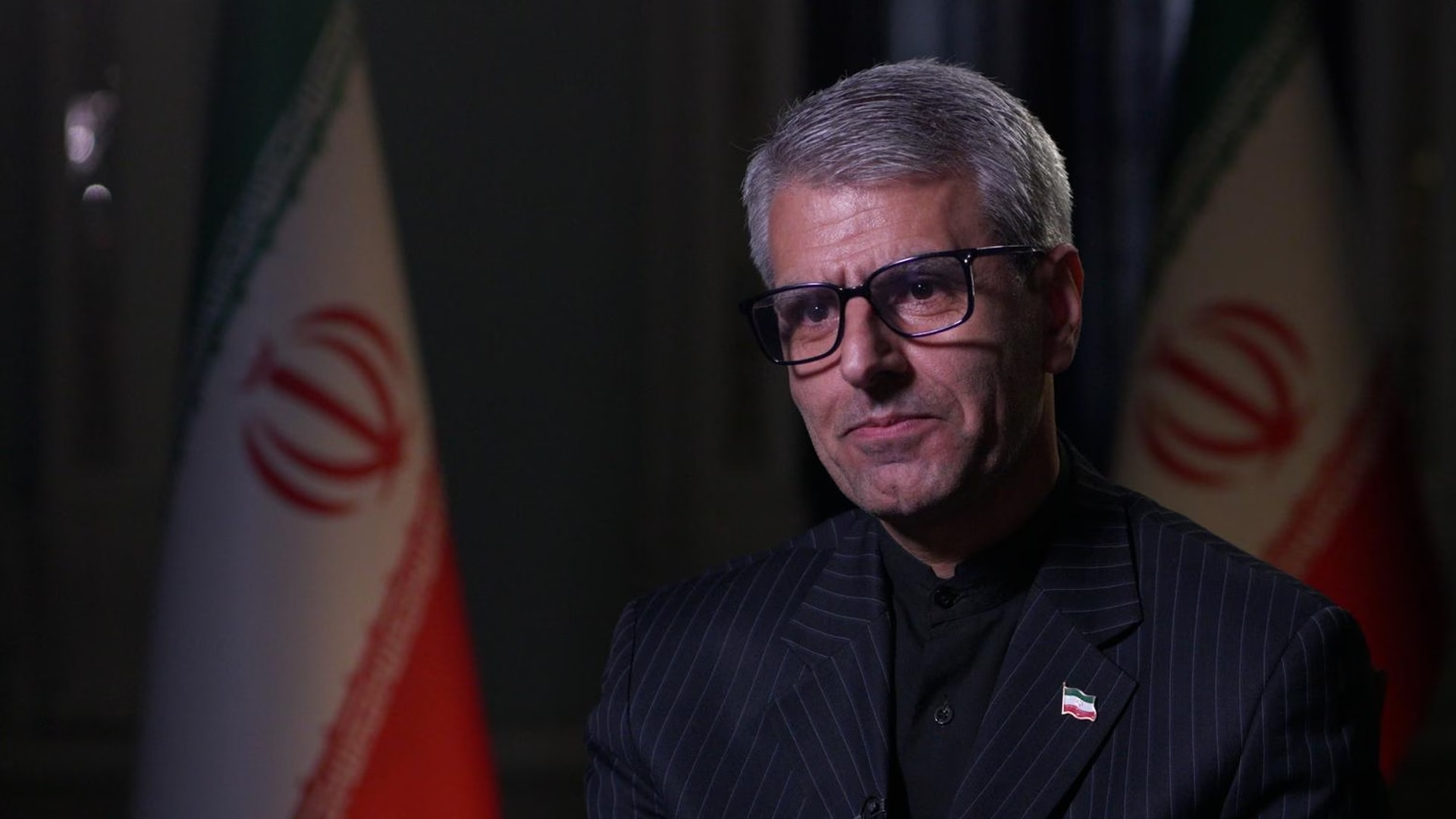
Virgin Islands police officers are not being “tricked” into providing personal financial information under a controversial new vetting system launched last week after lengthy delays, Governor Daniel Pruce said Friday.
The full details of the new system, however, are not open to public scrutiny.
After three weeks of requests from the Beacon, Mr. Pruce’s office has refused to disclose his agreement with the United Kingdom department carrying out the vetting process — which Premier Natalio “Sowande” Wheatley said was “unilaterally” implemented with no input from the VI government.
“The vetting agreement is a commercial document, and therefore it is not appropriate to share publicly,” the Governor’s Office told the Beacon in a Tuesday email.
UK Home Office
During a Friday morning press conference, Mr. Pruce defended the vetting system launched the day before by the UK Home Office, which he has said was brought on board because the VI Police Service Commission isn’t yet up to the task.
“This is not about catching people out,” the governor said. “It’s not about tricking people.”
He added that the vetting, which was recommended by the 2022 Commission of Inquiry report, is needed to protect members of the Royal Virgin Islands Police Force from exposure to threats of blackmail and intimidation.
“This is about officers providing a clear picture of their circumstances so that their employer — in this case the RVIPF — can work with them to make a judgement in terms of their ability to do their jobs without vulnerability to coercion, to blackmail,” he said. “That’s the basis upon which the information is requested.”
The governor also described limits to the disclosures being sought.
“At no stage of the vetting process would anyone be expected to disclose PIN numbers,” he said in apparent response to an online news report that suggested otherwise.
The Home Office is the UK government’s lead department for police and other areas including immigration and passports, drugs policy, crime, counter-terrorism and fire.
At a separate press conference a few hours later, Mr. Wheatley suggested that his government had no input into the vetting system.
“The action that was taken as it pertains to vetting was unilaterally done by the governor,” the premier said. “The National Security Council did not have a decision as it pertained to that. And I don’t believe the Police Service Commission had a role in that.”
The premier added that he endorses the principle of vetting, but he said the move raises constitutional concerns.
“We, who are reasonable people in the society, see the need to ensure that our police officers are vetted,” he said. “Of course there will be concerns, because the Constitution provides persons the right to privacy. And I and others have expressed concern about the level of intrusion. We hope it goes well, but some of those questions still exist.”
The premier added that he wants the VI to establish its own vetting expertise in order to take over the process from the UK Home Office.
Mr. Pruce has suggested a similar way forward, but at his press conference Friday morning he stressed that the current system is secure and that privacy will be respected.
“The process is standard practice in police forces around the world,” he said. “The guiding principle for any vetting process is one towards disclosure and sharing information.”
The governor, however, acknowledged that the new system marks a cultural change for the RVIPF.
“I would recognise that introducing this completely new [system] into an environment that hasn’t had this practice before of necessity requires the time and the attention and the care and the consultation to get it under way,” he said.
Also as part of the COI recommendations, a similar screening is set to be implemented soon to assess prison, customs and immigration officers.
Three weeks of requests
The governor signed the vetting agreement with the Home Office on April 17, and the Beacon has been requesting a copy since April 22.
On April 23, the Governor’s Office said it had asked the Home Office for permission to share the document.
After multiple follow-up requests, the Governor’s Office referred the request to the RVIPF on Monday of this week.
The RVIPF, in turn, referred the request back the Governor’s Office, which then declined to provide the agreement on the grounds that it is a “commercial document.”
The UK Home Office and the UK Foreign, Commonwealth and Development Office didn’t respond to requests for the agreement.
British Caribbean News


